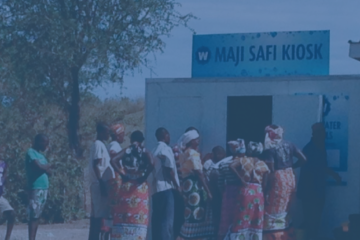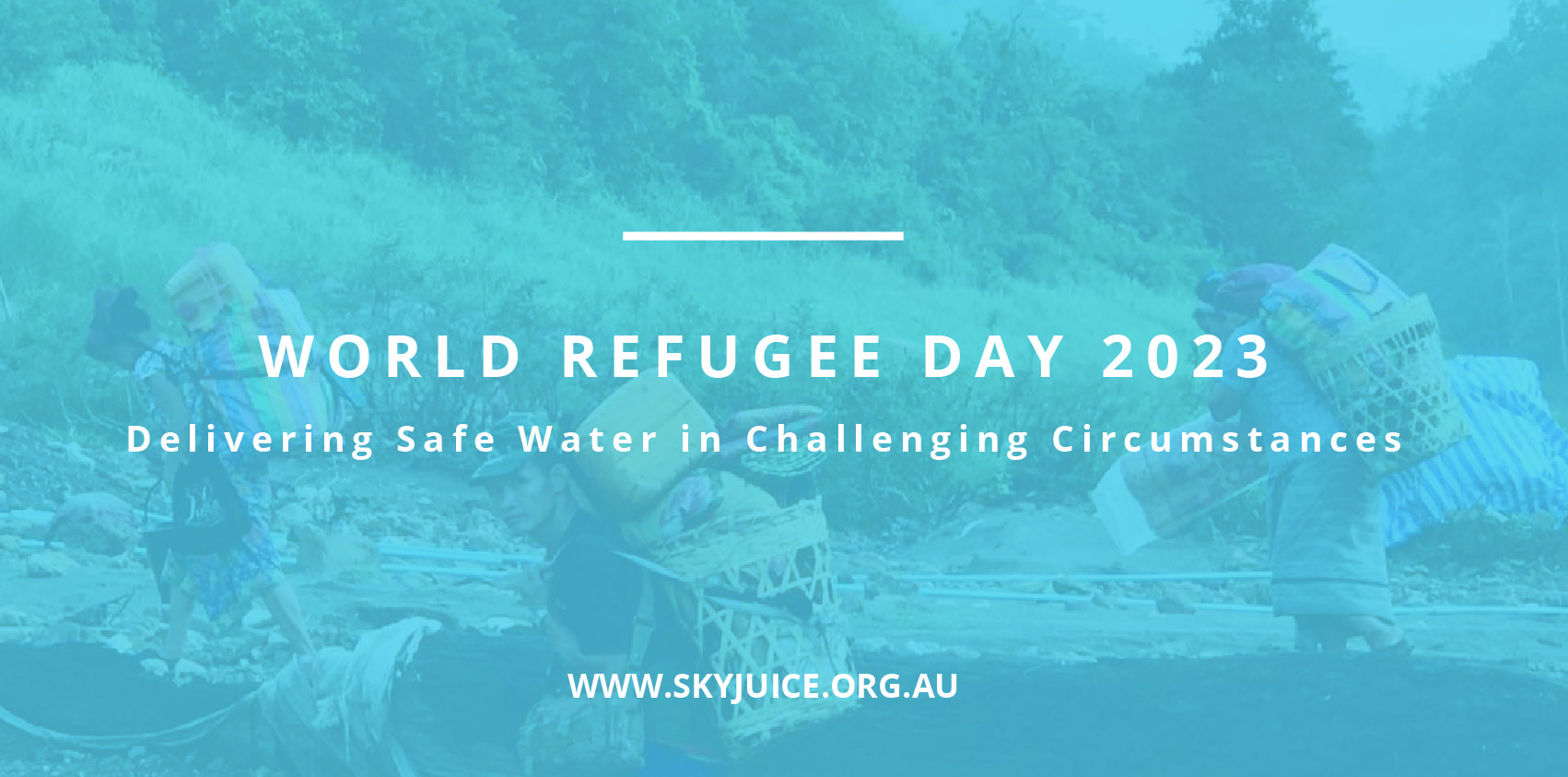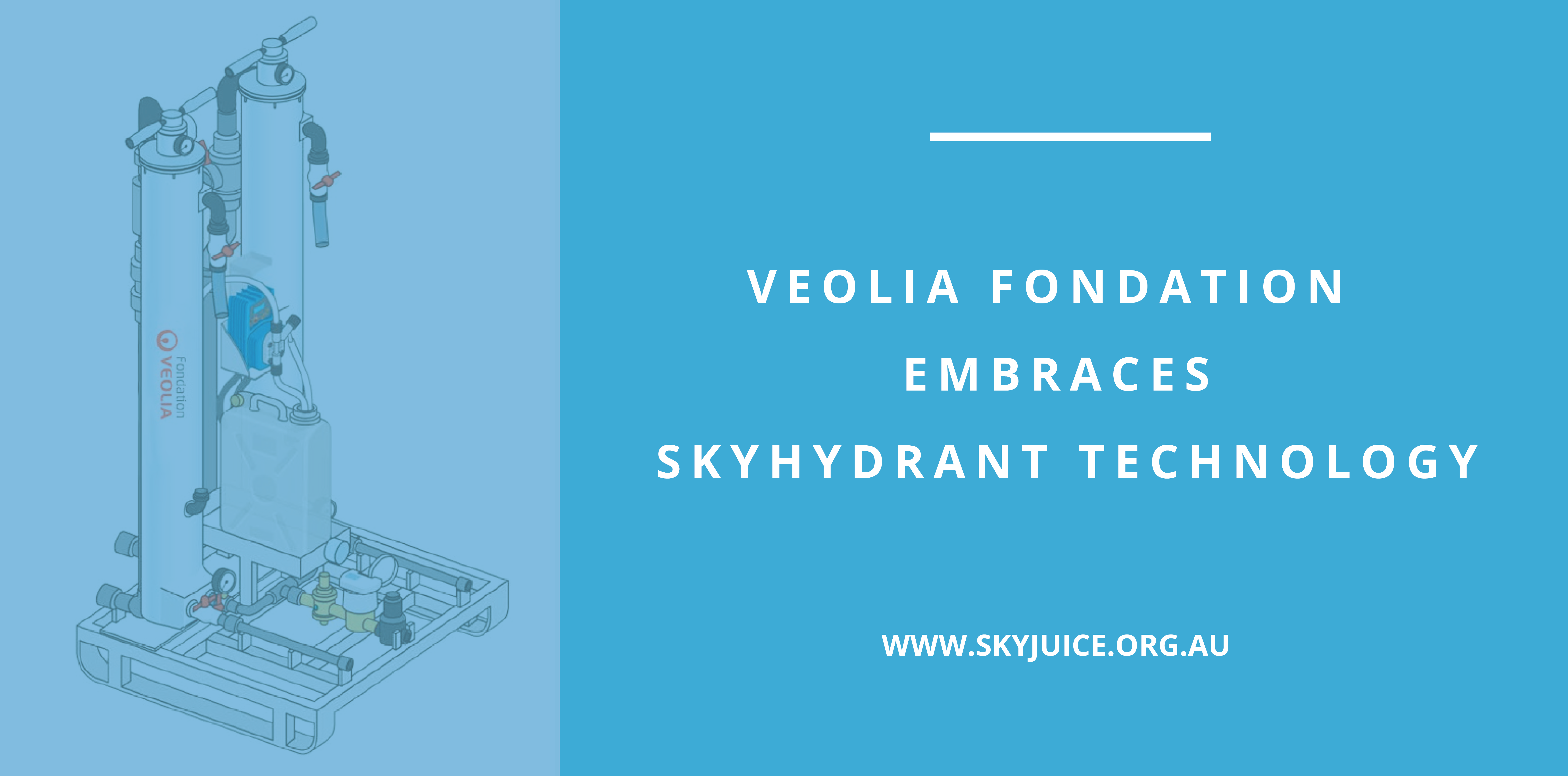The world was in shock on 4 August 2020 when there was a massive explosion of ammonium nitrate in Beirut’s port. The devasting event killed over 217 people, as well as injuring 7,000 and displacing 300,000 others.
Fast forward two weeks and Disaster Aid Europe (DAEurope) stepped up to quickly deploy to Beirut and assess the needs of the community. The objective was to deliver much-needed disaster aid.
DAEurope worked with the local Rotary community in Lebanon to identify what priority aid was urgently needed. The general situation was dire for the community and all citizens. It was an immediate priority to identify appropriate locations and the most effective ways to deliver aid. The Rosary Sisters’ Hospital, Gemmazeh Beirut, which had not been operating since the blast, was recognised as a vital strategic location to provide urgent aid to meet the needs of the wider Beirut community.
The Rosary Sisters’ Hospital is within the impacted blast zone, close to the epicentre at the port of Beirut. The hospital is a modern facility completed only ten years ago. The extensive damage caused by the explosion forced all operations to cease in August 2020. The damage to the hospital itself, together with the disruptions to the infrastructure in the city, had had a widespread effect on the community in the city. The ongoing global media reporting showed the shocking images as it captured the immense damage, then again perhaps not as apparent, was the damage to the general infrastructure in the city which had led to poor-quality and unsafe water supply for example.
In this ensuing period, DAEurope and Beirut Rotarians worked together with the engineers on-site at the hospital to meet this challenge. They set out to specify and prioritise what was needed for the hospital to start functioning again. Their priority was the rehabilitation of the IC Unit at the hospital together with the essential issue of a reliable source of safe water. After exploring available safe water options, a SkyHydrant unit was determined to be the most suitable offering the best range of benefits. The unit was donated by Disaster Aid Australia and delivered in December 2020 as one of 5 deployments to Beirut.
The SkyHydrant installation was carried out by DAEurope and the hospital maintenance team and local partners. It was decided to locate the unit in the kitchen area of the hospital with the long-term plan of supplying drinking water to patients, staff and visitors at other points in the hospital. The success of this installation at the Rosary Sisters’ Hospital has already led to further discussions to assist Beirut and Lebanon. DAEurope’s other potential installation projects in the country include military hospitals, schools and clinics.

SkyHydrant unit installed securely in the kitchen area of the hospital






0 Comments